INNOVATOR UPDATE: ADAM GOODWIN
2019 GHIC Innovation Prize Winner: Adam Goodwin
by Sydney Mone, Carleton College ’23
Adam working on traps.
Adam Goodwin and the VecTech team are using AI to devise innovative ways to prevent the transmission of mosquito borne diseases. Adam joined the VecTech team as part of a graduate school project while he was a student at Johns Hopkins University and he has been working full-time at VecTech since 2018. In 2019 he won the GHIC Innovation Prize and he continues to work with the team to provide tools to public health systems around the world.
Now Adam serves as Chief Technical Officer of VecTech, a vector surveillance start-up dedicated to providing reliable data to prevent mosquito-borne diseases. Vector-borne diseases, such as malaria and Zika, can be caused by parasites, bacteria, or viruses. According to the World Health Organization, vector-borne diseases account for more than 17% of infectious diseases and cause more than 700,000 deaths annually. (1) There are more than 3,000 different species of mosquitoes, many of which transmit vector-borne diseases. VecTech’s core technology is an algorithm for identifying mosquito species from an image, decreasing the training and expertise currently needed for the identification process. VecTech’s algorithm has an over 95% accuracy rate for identifying mosquito species, on par with expert technician’s accuracy rate. This species identification is an essential component in disease prevention efforts.
Since winning the 2019 GHIC Innovation Prize, Adam and his colleagues have been very busy putting the finishing touches on their device and getting feedback from potential customers. They are hoping to bring the product to the market before the 2021 mosquito season.
The process of taking an innovation from the creative phase to market is challenging. Adam noted that an essential part of the entrepreneurial process is having customers purchase your innovation, and that although they consistently receive tremendous positive feedback on their innovation at conferences, converting that goodwill into sales can be difficult. He explained that “[t]here is just so much that goes into bringing an innovation to people’s hands beyond just people being excited and telling you that this is valuable and it’s going to change things.”
Adam also noted the distinct challenges of innovating in the public health sphere. In particular, there are a lot of resources at universities and elsewhere that are devoted to medical technology innovations that will be used in clinical settings, but not as many resources are invested in research and innovation to address community level health issues. He highlighted the need for more mentorship, training, and funding of public health entrepreneurs. Adam was fortunate to be a part of the Johns Hopkins Center for Bioengineering Innovation and Design Master’s of Science and Engineering Program. The program is centered around practical health care innovation and emphasizes designing, prototyping, and testing viable solutions to global healthcare challenges. Adam noted that unlike the highly regulated medical device field, public health innovations can progress more quickly from idea to market and have the potential to improve the health of a much larger population:
“What I’m so excited about with VecTech, and with innovation around the public health problems that vectors pose, is that innovations can be developed and implemented on a much quicker timescale and with fewer resources. It’s really exciting to see the relatively rapid pathway for innovation and improving people's health on a population level....We’re creating data that may impact people's health, and a lot of people's health, on a much smaller budget and that’s very exciting.”
Adam recommends that aspiring entrepreneurs look for a program or organization to help support and facilitate their research. Adam noted that the Johns Hopkins CBID Program was foundational in getting him to where he is now. He explained that there are a variety of similar programs at universities around the country with different focuses, and many of these programs don’t require students to enter with a clear idea already formed. Adam concluded with an important piece of advice for budding entrepreneurs:
“With any innovation, when you are moving forward with it, just be open to its inherent changing nature. Don’t be married to a particular vision of what it might look like because it will change and you’re always going to be learning.”
Thank you to Adam Goodwin for taking the time to speak with us about his experiences as a social entrepreneur. You can learn more about Adam’s work and VecTech at https://www.vectech.io/
Footnotes
1. World Health Organization. (2 March 2020) Vector-Borne Diseases: Key Facts. https://www.who.int/news-room/fact-sheets/detail/vector-borne-diseases

